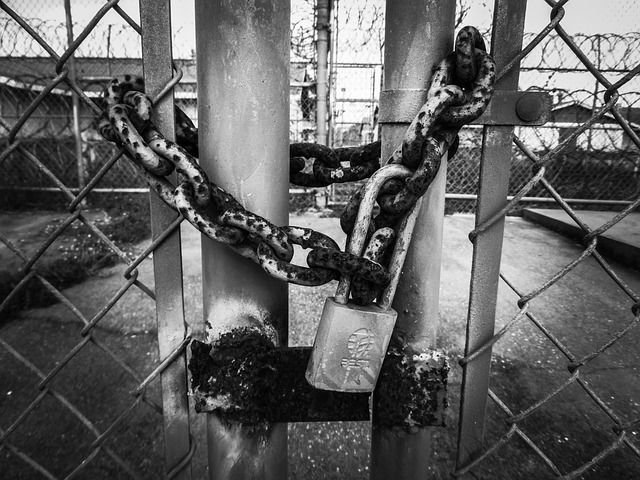High-Risk Reoffender DUI Management addresses the complex challenge posed by individuals with a history of DUI, aiming to reduce recidivism through multi-faceted strategies. This involves rigorous monitoring, evidence-based treatment like counseling and cognitive-behavioral therapy, education on DUI impacts, community support systems, and addressing underlying social determinants such as employment and mental health access. By providing tailored support and targeting behavioral changes, this comprehensive approach fosters lasting positive outcomes for both individuals and their communities.
In the pursuit of safer communities, understanding and addressing high-risk reoffender DUI management is paramount. This article delves into the complex landscape of managing individuals at elevated risk of repeat drunk driving offenses. We explore effective strategies to break the cycle of recidivism, focusing on proactive interventions, evidence-based programs, and community partnerships. By implementing these approaches, we can significantly reduce reoffending rates and foster positive change for high-risk DUI offenders.
- Understanding High-Risk Reoffender DUI Management
- Strategies to Break the Cycle of Recidivism for DUI Offenders
Understanding High-Risk Reoffender DUI Management

High-Risk reoffenders, particularly those with a history of DUI (Driving Under the Influence), pose a significant challenge to society and law enforcement. Effective management of these individuals is crucial to breaking the cycle of reoffending and promoting public safety. Understanding High-Risk Reoffender DUI Management involves recognizing unique risk factors, implementing tailored interventions, and fostering community support.
This management strategy should encompass a multi-faceted approach. It includes rigorous monitoring, evidence-based treatment programs, regular education on the impacts of DUI, and access to social services. By addressing the underlying causes of reoffending and providing comprehensive support, it becomes possible to reduce recidivism rates and create lasting positive outcomes for both the individuals and the communities they inhabit.
Strategies to Break the Cycle of Recidivism for DUI Offenders

Breaking the cycle of recidivism for high-risk reoffenders with DUI (Driving Under the Influence) convictions is a complex yet crucial task. Effective strategies must address the multifaceted nature of this issue, targeting not just behavioral changes but also underlying social and psychological factors. One key approach involves comprehensive rehabilitation programs that go beyond traditional punishment. These can include intensive counseling sessions focused on substance abuse recovery, anger management training, and cognitive-behavioral therapy to help offenders understand and change their behaviors.
Additionally, community-based support systems play a vital role in DUI offender management. Structured aftercare programs, peer support groups, and regular check-ins with probation officers can provide ongoing guidance and accountability. Educating offenders about the potential consequences of reoffending and reinforcing positive behavior through rewards or incentives also show promise. Furthermore, addressing social determinants such as employment opportunities, housing stability, and access to mental health services can significantly reduce recidivism rates among high-risk DUI reoffenders.
High-Risk reoffender DUI management is a multifaceted challenge, but with targeted strategies, we can break the cycle of recidivism. By implementing evidence-based interventions and offering comprehensive support services, we have the potential to reduce repeat offenses and promote safer communities. Focusing on early intervention, education, and accountability can create lasting change for high-risk individuals, ensuring a brighter future free from DUI-related consequences.






